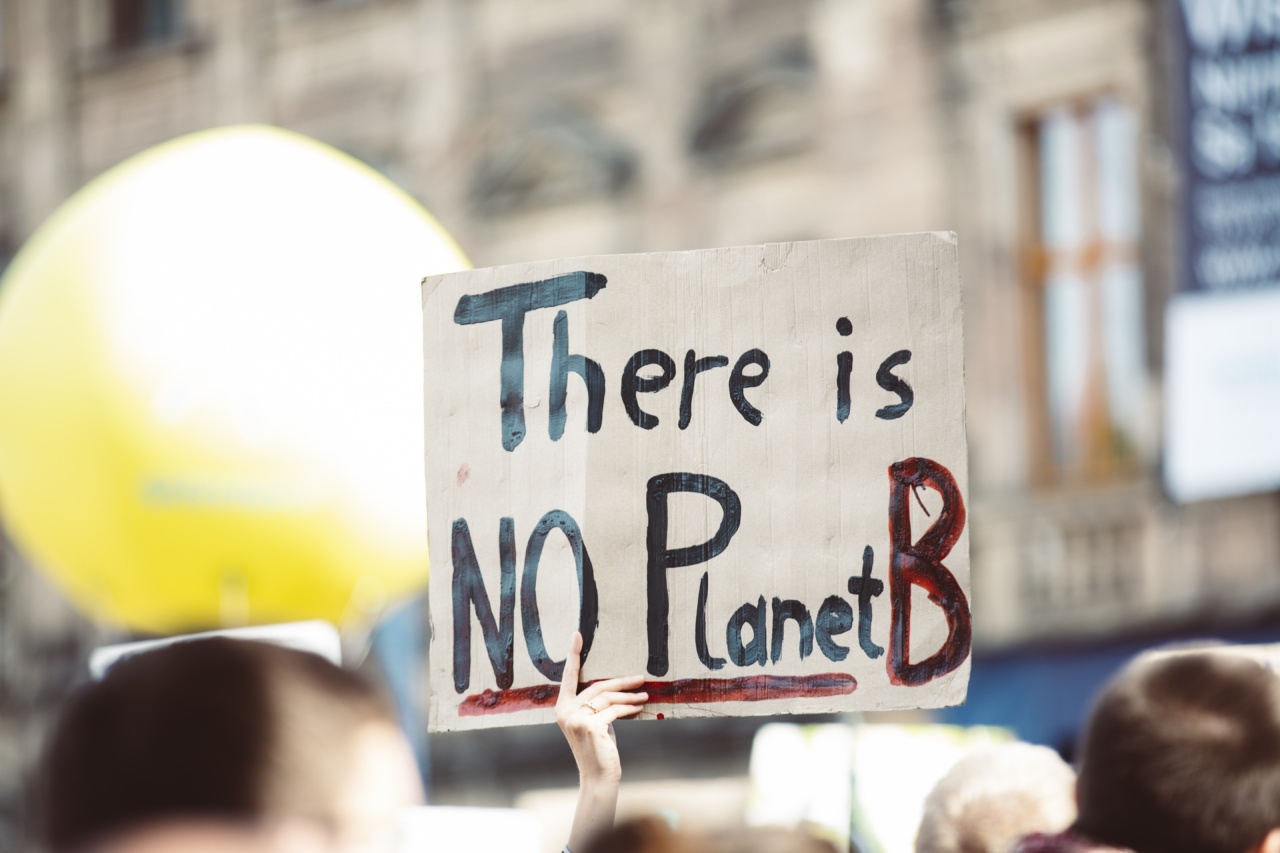Climate change is no longer a distant threat. It is happening now, and it is affecting everyone on this planet. As the global temperatures continue to rise, we can expect more frequent heatwaves, droughts, floods, and storms in the coming years.
This situation is not only a physical threat, but it also poses a significant challenge to our psychological well-being.
What is Psychological Well-Being?
Psychological well-being is defined as a state of being in which an individual is able to realize their potential, cope with the normal stresses of life, work productively, and contribute to society.
It encompasses a wide range of subjective experiences, such as happiness, life satisfaction, positive emotions, and meaning in life.
How Does Climate Change Affect Psychological Well-Being?
Climate change affects our psychological well-being in many ways, including:.
- Fear and anxiety: Climate change creates a sense of fear and anxiety among individuals, which can lead to psychological distress and mental health issues.
- Grief and loss: The loss of homes, communities, and natural habitats due to climate change can cause grief, sadness, and feelings of helplessness.
- Trauma and post-traumatic stress disorder (PTSD): Extreme weather events, such as floods, hurricanes, and wildfires, can cause trauma and PTSD, leading to long-term mental health issues.
- Depression: Climate change can cause depression due to the uncertainty of the future and the sense of a loss of control over one’s life.
- Social isolation: Climate change can lead to social isolation and a breakdown of community relationships, leading to feelings of loneliness and a lack of social support.
Who is Most Affected by Climate Change?
While climate change affects us all, certain groups are more vulnerable than others. People living in poverty, children, women, and the elderly are more likely to suffer from the adverse effects of climate change.
Indigenous people and marginalized communities are also disproportionately affected by climate change due to a lack of resources and infrastructure to adapt to the changes.
What Can be Done to Protect Psychological Well-Being?
Protecting our psychological well-being is essential to coping with the effects of climate change. Below are some ways to protect psychological well-being:.
- Stay informed: Staying informed about the issues and solutions surrounding climate change can help people feel more in control and less anxious.
- Take action: Taking action, such as participating in climate marches or volunteering for environmental organizations, can help people feel empowered and reduce their feelings of helplessness.
- Build social networks: Building social networks and fostering a sense of community can provide social support and reduce feelings of isolation.
- Mindfulness: Practices like mindfulness meditation, yoga, and deep breathing can help people deal with stress and anxiety associated with climate change.
- Seek professional help: If feelings of anxiety, depression, or trauma continue to persist, seeking professional help is essential.
Conclusion
Climate change is a significant threat to our psychological well-being. It causes fear, anxiety, and stress, leading to mental health issues. Vulnerable communities and individuals are the most affected by climate change.
However, protecting our psychological well-being is necessary to cope with the changes. Staying informed, taking action, building social networks, mindfulness, and seeking professional help are ways to protect our psychological well-being.






























